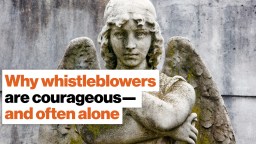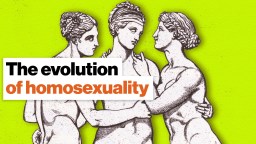The Present
All Stories
According to new research carried out by Coinbase, we’re witnessing a significant rise in the number of universities teaching their students about blockchain and cryptocurrencies. It turns out that 42% […]
These great thinkers remind us that taking an unpopular, bold stance might not be madness.
The “Women’s Walk” (as Google has named it) will occur in response to how the company handled sexual misconduct claims against one of its executives.
… and also the return of the (mini) Mac.
The president told Axios on HBO that he hopes to change the law with an executive order.
Officials with the departments of Homeland Security and Defense announced the deployments Monday at a press conference.
Voter turnout in the United States is pretty low compared to other industrialized countries. While the 2016 US presidential election saw a 56% turnout rate, the 2017 general election in […]
Extravagant plans to build Titanic II, a replica of the original White Star Line ship, are back in circulation.
The suspect is reportedly a 56-year-old man with a criminal history who was driving a white van covered in pro-Trump stickers and other right-leaning decals.
Most of those who try to sneak stuff onboard succeed.
In Life After Google, George Gilder writes that we’re paying a heavy cost for “free.”
A study from May 2018 found that most lottery winners report greater life satisfaction over a long-term period.
Amongst other things, you can’t get away with handling a salmon suspiciously in Scotland.
Explosives sent to addresses linked to former Vice President Joe Biden and actor Robert De Niro were similar to bombs delivered to other political figures this week, officials said.
If your dream vacation involves a luau, dark tourism probably isn’t for you.
‘Whose job is it to fix the bad stuff in the world?’ asks Alice Dreger.
▸
8 min
—
with
The company markedly outperformed Wall Street’s expectations in the third quarter of 2018.
Instead of focusing on President Donald Trump, the Slovenian philosopher says liberals should incrementally challenge the fundamentals of the economic system.
It’s a little scary out there, folks.
As it turns out, the effects of the minimum wage increase are more nuanced than previously espoused.
The 72-page report makes a case against modern policy proposals like “Medicare for All” and free college tuition.
Her husband died in 2009 of the disease.
Turns out those violent video games might be a blessing in disguise.
For more than two years, Andrew Left of Citron Research has been one of the most vocal Tesla skeptics.
The researchers created a special polymer that can make robots repair themselves.
Build up, tear down—new technology stirs up a cycle of progress and cynicism we’ve seen all throughout history.
▸
5 min
—
with
The Mega Millions jackpot has soared to a record-setting $1.6 billion after Friday’s drawing yielded no winners. Now, thousands of people are snatching up $2 tickets ahead of Tuesday’s drawing […]
The Boring Company plans to offer free rides in its prototype tunnel in Hawthorne, California in December.
Pay attention to the decisions made by the provinces.
How did human homosexuality evolve?
▸
4 min
—
with





























